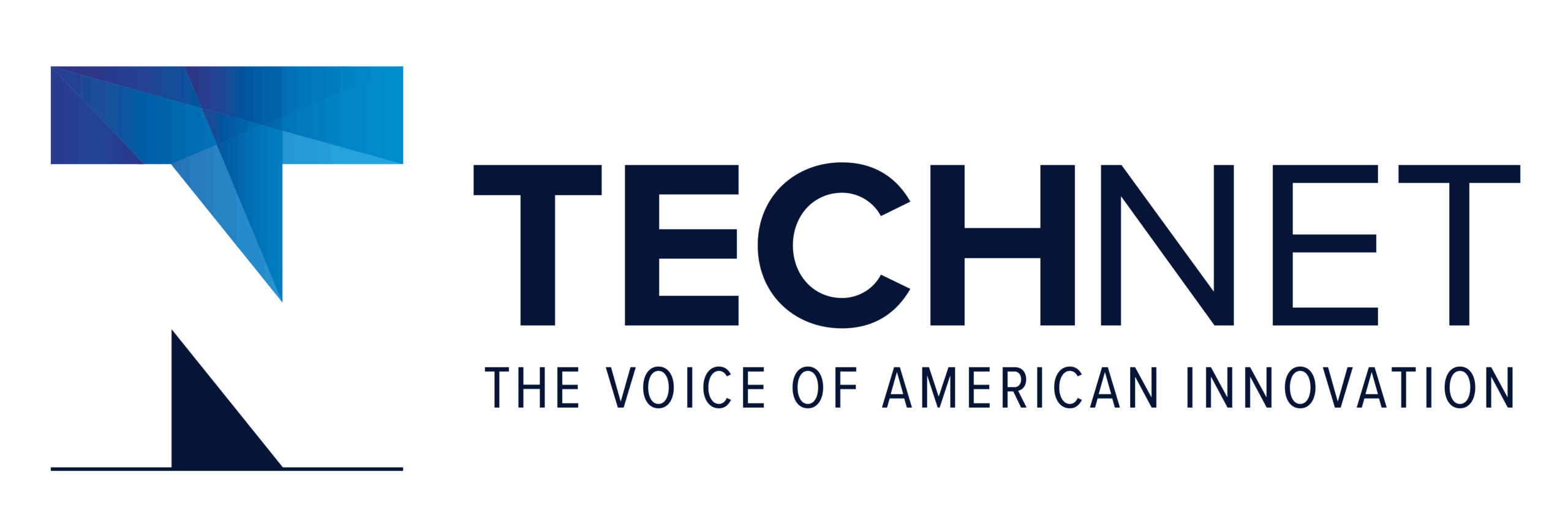The annual Autism Awareness Month officially ended this week, but the cause must continue to be a year-round effort. As diagnosis rates keep rising and the challenge for families and our nation grows, the private sector and policymakers must continue playing a leadership role.
The prevalence of Autism Spectrum Disorder (ASD) among our nation’s children now stands at 1 in 59. In some states, the number of ASD diagnoses is increasing much faster than it is nationwide. For example, a recent Centers for Disease Control and Prevention (CDC) study showed that, between 2010 and 2014, New Jersey witnessed a 40 percent increase of four-year-olds with ASD.
Approximately 500,000 young adults with autism are expected to enter the U.S. workforce in the next decade. Some estimates suggest that at least 80 percent of adults with autism are now unemployed. Over one-third of young adults with autism never get a job or continue education after high school.
However, there are encouraging signs of progress stemming from efforts by the private sector and policymakers. As a result, the world is learning more about the full potential people with ASD have to contribute to our workplaces and how they can achieve the dignity that comes from work.
For example, Microsoft is showing inspiring results from their commitment to recruiting people with autism, integrating them into their workforces, and unleashing their talents. Accenture’s work to promote more diverse and inclusive workplaces prioritizes working parents and ensures that they have the support necessary to raise children with ASD. These and similar efforts by other companies can serve as models throughout the tech sector and across other industries.
As the private sector has demonstrated, these recruitment and workforce development programs are not workplace experiments designed to make people feel good; they are irrefutable evidence that people with autism have valuable talents that have simply gone unnoticed and unutilized for too long. Recognition of this and follow-up action by the private sector, nonprofits, policymakers, and others is an important part of what led the Wall Street Journal to declare earlier this year: “America’s Hidden Workforce Returns.”
Policymakers must also maintain their sense of urgency and keep working together in a bipartisan manner on this cause. In 2018, Congress passed and President Trump signed into law bipartisan career and technical education legislation that, among other things, boosts access for people with autism to programs that provide them with skills training and valuable work experience to facilitate their transition to adulthood and the workforce. Going forward, Congress should ensure that these programs are fully funded and effectively implemented. The Autism CARES Act, which improves the federal government’s efforts to address the increasing number of individuals with ASD, should be reauthorized this year before it expires on September 30.
In addition to empowering people with autism to be a part of the American workforce, provide for themselves and their families, and contribute to our economy, the tech industry must keep doing what we do best: innovating, and doing so in ways that help unlock the mysteries of ASD while enhancing the way people on the spectrum live their lives, learn, and express themselves.
For example, cloud computing boosts autism research by supporting the storage, analysis, and sharing of genetic data being collected in this field with the goal of better understanding ASD’s causes and risk factors and improving treatments. Artificial intelligence and machine learning can result in earlier detection, helping researchers better understand how the disorder develops in the earliest years of children’s lives and enable more immediate and effective interventions. Robots can enhance the way children with autism learn. Google Glass helps children with autism better understand social cues and improve their interactions with others. Through both autism app offerings in its app store and technologies like the iPad, Apple is helping people with ASD find their voice. Through the Amazon Echo, Alexa empowers individuals with autism to be more self-sufficient. Through social media, parents can quickly find more information and support than ever before, as well as invaluable content like Julia, the autistic Sesame Street character, who is helping all families explain what autism is and why it should never be an impediment to friendship and acceptance.
At TechNet, we are proud to work with companies that are not only creating technologies that are revolutionizing life with autism but that also understand the inherent dignity every person on the spectrum possesses and the valuable contributions they can offer the world. Investing in people with autism and believing in them is not just the right thing to do; it is a smart investment in the future of our economy.
Most importantly, we recognize that we as a country and economy can only reach our full potential if we embrace the diversity of our nation and endeavor to bring out the best of all talented and capable individuals who have too often been left behind. We champion workforce policies that bring out the best of our home-grown American talent and promote education and skills attainment at every stage of the American worker’s life, and that help us identify and cultivate the “hidden figures” among us — including individuals with autism — who have so much to contribute and can help lead us into the future.
